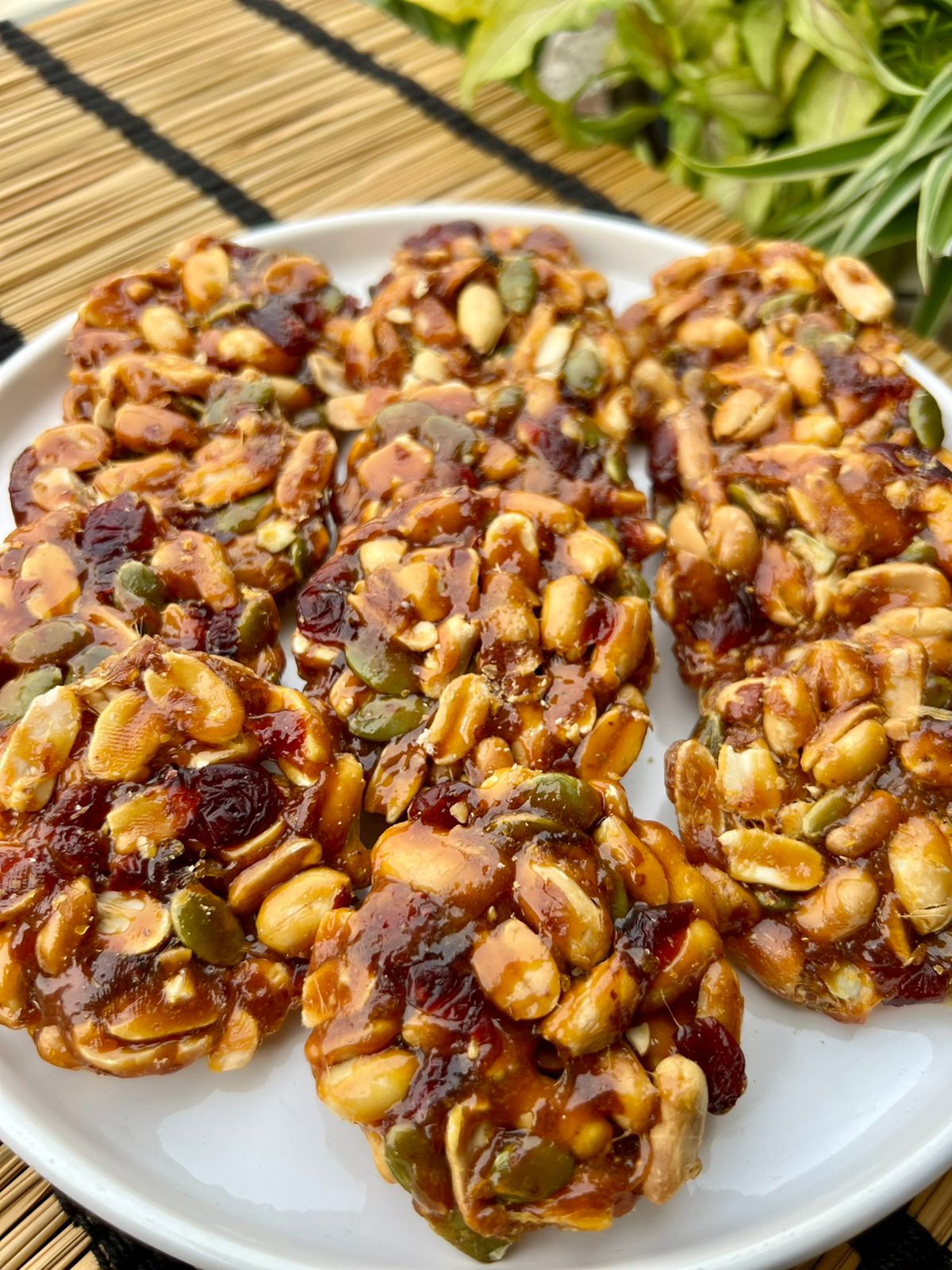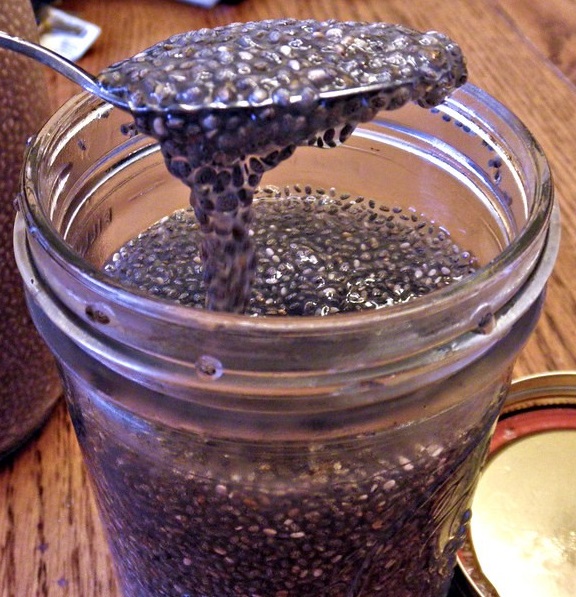
Peanuts, a staple in many cuisines and snack bowls worldwide, often find themselves under the scanner when it comes to weight management discussions. With their rich, nutty flavor and satisfying crunch, they’re undeniably delicious. But where do they stand in the realm of diet and weight loss? Let’s embark on a detailed exploration of peanuts and their intricate relationship with weight.
The Nutritional Landscape of Peanuts
At the outset, it’s essential to understand what peanuts bring to the table, nutritionally speaking:
- Protein Power: Peanuts are a commendable source of plant-based protein. Protein is pivotal for muscle repair, growth, and overall satiety, making peanuts a valuable snack, especially for vegetarians and vegans.
- Healthy Fats: Rich in monounsaturated and polyunsaturated fats, peanuts can play a role in maintaining healthy cholesterol levels and promoting heart health.
- Fiber Fill: The dietary fiber in peanuts aids digestion and provides a feeling of fullness, which can be beneficial in weight management.
- Vitamin Vault: Peanuts are a source of essential vitamins, notably B vitamins, which play a role in energy production and metabolic processes.
- Mineral Magic: From magnesium to phosphorus and zinc, peanuts offer a range of minerals that support various bodily functions.
Peanuts in the Weight Loss Equation
- Calorie Consideration: While peanuts are nutrient-dense, they’re also calorie-dense. This means that even a small handful can pack a significant caloric punch. However, their satiating properties, thanks to protein and fiber, can help curb overeating.
- Busting the Belly Fat Myth: A prevalent misconception is that peanuts directly contribute to belly fat. In reality, belly fat accumulation results from a caloric surplus and other factors like genetics and hormones. Peanuts, when consumed in moderation, don’t specifically lead to belly fat.
- Roasting and Dieting: Roasted peanuts are a delightful treat. If you’re considering them for weight loss, choose those roasted without added oils and minimal salt. The added fats and sodium can counteract some of the natural benefits of peanuts.
The Great Peanut Debate: Good or Bad for Weight Loss?
- Moderation is Key: Peanuts can be a part of a weight loss regimen, but portion control is crucial. Overindulgence can quickly lead to a caloric surplus, negating their satiating benefits.
- Understanding the Role of Peanuts: Instead of labeling peanuts as ‘good’ or ‘bad’ for weight loss, it’s more accurate to say they can be beneficial when consumed mindfully. Their nutrient profile supports metabolism, energy production, and satiety.
- Peanuts for Weight Gain: On the flip side, for those looking to gain weight or muscle mass, peanuts can be an excellent addition, offering a calorie-dense, nutritious snack option.
Peanuts for Weight Loss: How to Use Them Effectively
- Mindful Munching: Given their caloric density, it’s essential to consume peanuts mindfully. Measure out portions instead of eating directly from the bag.
- Incorporate in Balanced Meals: Add peanuts or peanut butter to meals that contain a mix of macronutrients. For instance, a peanut butter spread on whole-grain toast with sliced bananas offers protein, healthy fats, fiber, and complex carbs.
- Opt for Natural Varieties: When choosing peanut butter, go for natural, unsweetened versions to avoid added sugars and unhealthy fats.
- Stay Hydrated: Peanuts contain protein and fiber, both of which absorb water. Drinking ample water can aid digestion and prevent feelings of bloating.
The Double-Edged Sword: Weight Gain with Peanuts
While peanuts can be an ally in weight loss, they can also be leveraged for healthy weight gain:
- Caloric Surplus: For those struggling to gain weight, peanuts offer a calorie-dense option. Incorporating more peanuts into the diet can help achieve a caloric surplus, essential for weight gain.
- Protein Shakes: Blend peanuts or peanut butter into protein shakes for an added caloric and nutritional boost.
- Peanut-Based Recipes: From peanut sauces to peanut-infused desserts, there are myriad recipes that can help increase daily calorie intake in a delicious way.
FAQ Section for “Peanuts and Weight Management”
- What nutritional benefits do peanuts offer?
- Peanuts are a nutritional powerhouse, offering a rich source of plant-based protein, healthy monounsaturated and polyunsaturated fats, dietary fiber, and essential vitamins and minerals like B vitamins, magnesium, phosphorus, and zinc.
- How can peanuts aid in weight loss?
- When consumed mindfully and in moderation, peanuts can promote satiety due to their protein and fiber content. This can help reduce overall calorie intake, making them a beneficial snack for weight loss.
- Are there concerns about peanuts contributing to belly fat?
- While overconsumption of any food can lead to weight gain, moderate peanut consumption does not specifically result in belly fat accumulation. It’s the overall caloric surplus and other factors like genetics that play a more significant role in belly fat.
- How can peanuts be used for healthy weight gain?
- Peanuts are calorie-dense, making them an excellent option for those looking to gain weight. Incorporating more peanuts, peanut butter, and peanut-based recipes can help achieve a caloric surplus, essential for healthy weight gain.
- What’s the best way to choose peanut butter for weight management?
- Opt for natural, unsweetened peanut butter varieties without added sugars or unhealthy fats. Checking the ingredient list to ensure it contains primarily peanuts is a good practice.
- How can I incorporate peanuts into my daily diet?
- Peanuts can be enjoyed in various ways, from a simple snack to being blended into smoothies, spread on toast, or incorporated into dishes like stir-fries and salads.
Final Thoughts
Peanuts, with their rich nutrient profile, can be both a friend and foe in the weight loss journey—it all boils down to how they’re consumed. By understanding their nutritional value and being mindful of portions, one can enjoy the myriad benefits of peanuts without compromising weight loss goals. Whether sprinkled over a salad, blended into a smoothie, or enjoyed as a midday snack, peanuts can find a place in a balanced, weight-conscious diet.
Blog Tags for the Post: Peanuts, Weight Loss, Weight Gain, Nutritional Benefits, Healthy Fats, Protein Source, Dietary Fiber, Peanut Butter, Weight Management, Caloric Density, Mindful Eating, Natural Peanut Butter, Satiety, Belly Fat, Caloric Surplus.










